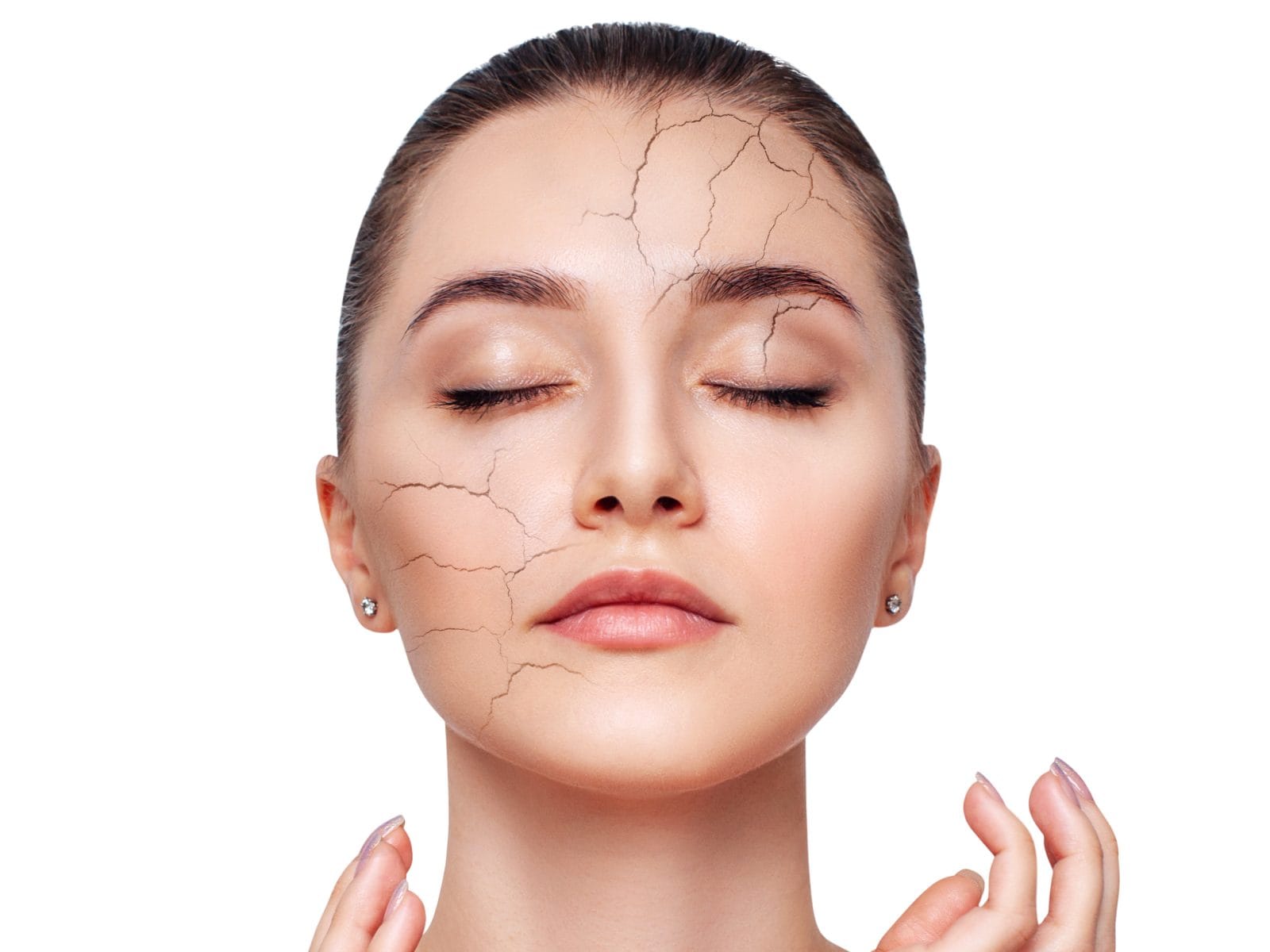
Eczema is a skin condition that affects millions of people worldwide, causing red, itchy, and inflamed skin. For some individuals with eczema, the condition can also lead to hyperpigmentation, or darkened skin patches. In this article, we will explore the connection between eczema and hyperpigmentation and the various treatment options available to address this condition.
What is Eczema?
Eczema, also known as atopic dermatitis, is a chronic skin condition characterized by dry, itchy, and inflamed skin. The exact cause of eczema is not fully understood, but it is believed to be a combination of genetic and environmental factors. Common triggers for eczema outbreaks include stress, changes in temperature, and exposure to irritants like soap and detergents.
What is Hyperpigmentation?
Hyperpigmentation is a condition where the skin becomes darker in color than the surrounding skin, often due to an increase in melanin production. This can be the result of a variety of factors, including sun exposure, hormonal changes, and skin injuries like cuts and scrapes.
The Connection Between Eczema and Hyperpigmentation
For individuals with eczema, the constant itching and scratching of the skin can lead to hyperpigmentation. This is because the scratching and irritation can cause damage to the skin, leading to an increase in melanin production and resulting in dark, discolored patches. Additionally, eczema can also cause increased sun sensitivity, further exacerbating the hyperpigmentation.
Treatment Options for Eczema Hyperpigmentation
Treatment for eczema hyperpigmentation typically involves addressing both the underlying eczema and the hyperpigmentation itself.
To treat the eczema, a dermatologist may recommend topical creams, ointments, or medications to soothe and hydrate the skin, reduce inflammation, and control itching. In severe cases, light therapy or systemic medications may be necessary.
To address the hyperpigmentation, a dermatologist may recommend the use of topical lightening agents, chemical peels, or laser treatments. Topical lightening agents work by reducing the amount of melanin in the skin, while chemical peels remove the outer layer of skin to reveal a brighter complexion. Laser treatments, such as intense pulsed light therapy, can also be used to reduce hyperpigmentation.
It's important to note that treating the underlying eczema is crucial in preventing further hyperpigmentation. This means avoiding triggers and keeping the skin moisturized to reduce itching and scratching.
Conclusion
Eczema and hyperpigmentation can be a frustrating and embarrassing condition to live with, but with the right treatment, it can be managed. By working with a dermatologist, individuals with eczema hyperpigmentation can find the best treatment plan for their specific needs, ensuring that both the eczema and the hyperpigmentation are properly addressed. With the right care, individuals with eczema hyperpigmentation can experience clearer, brighter, and more comfortable skin.

No comments yet